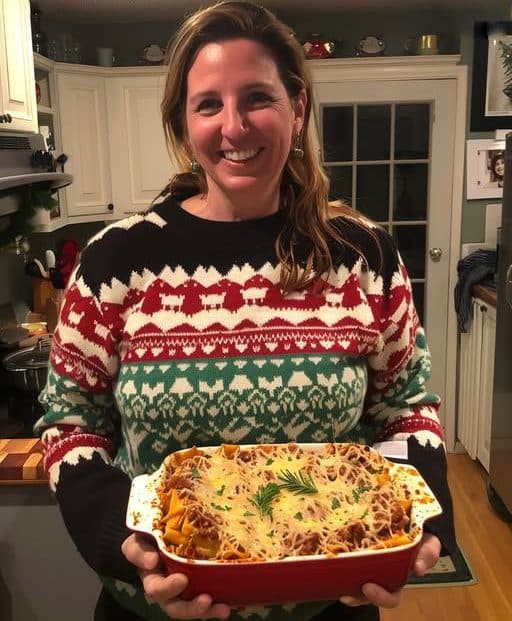As I drove to my mother-in-law’s home, a warm lasagna on the seat beside me, my lawyer’s urgent call shattered the evening’s calm. “Turn around immediately,” she insisted. Unbeknownst to me, this directive would expose the darkest sides of two people I deeply cherished.

My life had always been steady. As a senior financial analyst, I enjoyed the freedom and stability of a lucrative career. Bills were paid on time, the fridge was stocked, and occasional luxuries were guilt-free indulgences. I believed I had everything figured out—until I uncovered a disturbing truth about my husband, Ethan.
Ethan and I met eight years ago at a community volunteer event. His charisma was magnetic; his warm smile could brighten any day, and his genuine interest in others made him effortlessly charming. By the end of that weekend, I knew I had encountered someone remarkable.
Our relationship blossomed over the next few years. We remained close friends, frequently messaging, sharing casual coffees, and intertwining our lives. Ethan was delightful company, though I noticed his occasional stubbornness. He often insisted on having things his way, whether choosing our café or weekend plans. I dismissed it as a facet of his confident nature, reminding myself that perfection was unrealistic.

Three years after meeting, Ethan and I married. I believe our solid foundation can withstand any challenges. Despite occasional disagreements, our bond felt unshakeable. One significant hurdle was our struggle to have children. We explored various treatments and options, but starting a family seemed elusive.
One evening, as we relaxed in our living room, Ethan held my hand. “We don’t need kids to live a fulfilling life,” he said calmly.
“I understand,” I replied, guilt washing over me. “But it’s hard to shake the feeling that something is missing.”
“It’s not about what’s missing, Demi,” he said gently. “It’s about us. Together, we’ve created something amazing. With you, I have everything I want.”
Ethan’s optimism turned setbacks into opportunities for growth.
We shared a life rich with travel, traditions, and cherished memories. From spontaneous road trips to cozy movie nights, we treasured our time together. Yet, beneath it all, subtle cracks hinted at deeper issues we didn’t fully grasp.
Linda, Ethan’s mother, significantly influenced his life. She was incredibly protective, sometimes overstepping boundaries. I often felt I was vying for Ethan’s attention, especially when Linda was around. Her presence could be comforting or oppressive.
Ethan shared a special bond with his mother, who had a knack for making me feel inadequate. Despite my efforts to please her, she always found fault. Whether it was gift choices or household management, I never seemed to meet her expectations.
One evening, while preparing dinner, I noticed Ethan watching me with concern. “Why do you always take the longest way home?” he asked, frustration tinging his voice.
I paused, sensing an underlying tension. “I didn’t realize I was,” I replied cautiously.
“It’s just… you could be more efficient,” he muttered, leaving the room.
These subtle criticisms became more frequent, eroding my confidence.
The day my lawyer called, I was fulfilling Ethan’s request to deliver dinner to his ailing mother. The urgency in her voice was alarming.
“Demi, you need to return home immediately,” she insisted.
Confused and anxious, I turned the car around.
Arriving home, I found Ethan and Linda in a heated argument. Papers were strewn across the table—divorce papers I had never seen.
Ethan’s face paled as he saw me. “Demi, I can explain,” he stammered.
My lawyer stepped forward. “Demi, it appears Ethan and his mother have been planning to take control of your assets through a divorce you were unaware of.”
Betrayal washed over me. The two people I trusted most had conspired against me.
In the following weeks, I initiated legal proceedings to protect myself. The emotional toll was immense, but I was determined to rebuild my life.
Ethan attempted reconciliation, but the damage was irreparable. Trust, once shattered, is challenging to restore.
Through therapy and support from friends, I began to heal. I focused on my career, pursued hobbies, and rediscovered my independence.
The experience taught me the importance of self-reliance and vigilance, even in relationships that seem secure.
Now, as I reflect on that fateful evening, I am grateful for my lawyer’s timely intervention. It was a turning point that, though painful, led me to a stronger, more self-assured version of myself.
